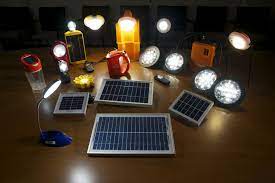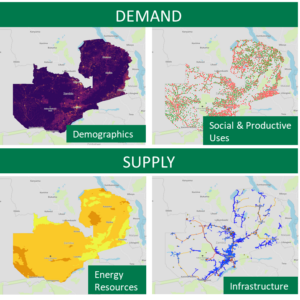In 2010, the Government of Ethiopia exempted solar products from tax. Since then, several revisions have been made to the tax exemptions to include new technologies and appliances as solar technology evolves. However, the lack of clarity on the scope of the exemptions led to misinterpretation and inconsistent implementation. This was compounded by the lack of clarity on the importation process for SAS, the documentation required, and classification and application of the harmonized system codes. Cumulatively, these challenges increase the cost of importing stand-alone solar (SAS) products in the country, which is passed on to the consumer. The process also led to delays that affect access to reliable solar products.
In 2020 the Africa Clean Energy Technical Assistance Facility began working with stakeholders in the sector to identify the bottlenecks and develop a solution. This led to the development of a customs handbook that provides guidelines on the application of import duties and tax rates on imported SAS products and components. The customs handbook covers: a) solar products and components imported under both first schedule and second schedule; b) relevant end-use appliances that are considered to bring rural transformation through productive use of energy; c) solar products and end-use devices for improved services in social institutions such as rural schools and health institutions. The customs handbook also clarifies the customs clearing process, tariff classification and import tariff rates.
On 19th August 2021, ACE TAF in collaboration with the Ministry of Water, Irrigation and Energy (MoWIE) trained customs officials from different ports of entry on how to use the customs handbook. During the event, H.E Dr Frehiwot Woldehanna announced that solar components, most agriculture productive use appliances, and selected solar-powered healthcare equipment will get duty exemptions effective 11th September 2021. Further, he added that the government will provide fiscal incentives to encourage local assembly/manufacturing of solar in the country. The announcement comes at a time when Ethiopia is increasingly paying attention to the contribution that off-grid solar will make towards universal energy access by 2025.
Adoption of the customs handbook addresses the importation bottlenecks and will lead to improved access to reliable and affordable solar products in the country. To sustain the gains made with the development of the handbook, it is important that the Customs Commission keeps training more customs officials and regularly updates the handbook in collaboration with the industry association, MoWIE and other relevant stakeholder so that it aligns to new policy changes.










